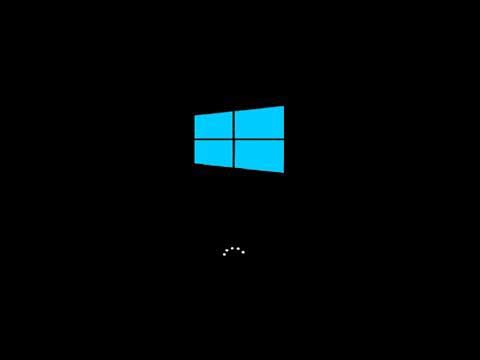
Microsoft Windows startup (boot up) can be caused by many different issues. This page contains various suggestions and tips to help improve the overall speed of your desktop or laptop computer's startup or reboot.
This page only covers a slow booting computer. To fix a computer that is running slow overall, see: Computer is running slow, what steps should we take for fix it? If we use computer continusly, consider not turning-off (shout down), or computer enter hibernation mode when pressing the power button, rather than shutting down completely.
Programs that are loaded as the computer starts up remain active in memory. Consequently, they are one of the main causes of a slow boot into Windows. Disabling programs, set it don't open automatically loading up each time the computer powers on can decrease boot time.
Using Microsoft ScanDisk and Defrag or similar disk utilities help verify your hard drive is running free of errors, while organizing stored data in the most efficient manner possible. We suggest running both of these utilities at least once a week as uses or every few months.
Computer to run optimally, it needs at least 250 MB of available hard drive space. If you have less than it this amount, slowness in both general performance and the boot time will increase.
Corrupt, incorrect, or out-of-date drivers can cause many different issues. Make sure your computer has the latest drivers and any available Microsoft Windows updates.
Although we do not often recommend registry cleaners, in some situations, they help improve the overall performance of Windows, including startup. If you ran through all the recommendations above with minimal startup speed improvement, you may want to clean your system registry.
Although the process is a more time-consuming, you may want to erase everything from the computer and reinstall Windows. This process makes your computer run like it did when it was new condition.
We saved these options for last because they have a cost to the user associated with them. That being said; they are some of the most effective ways to increase performance and decrease boot times.
Installing additional memory (RAM) in the computer helps increase the overall speed of computer, and in some cases, it can decrease the boot times. If your computer is running less than two gigabytes of RAM, it may be time to upgrade.
An SSD is the most effective way to raise performance across the board for any computer. On both desktop and laptop computers, moving Windows from a standard hard drive to a solid-state drive dramatically lowers your boot times. Amazon.com has a full array of SSDs.
© Copyright 2010 - 2026 nathorg.com All Rights Reserved.